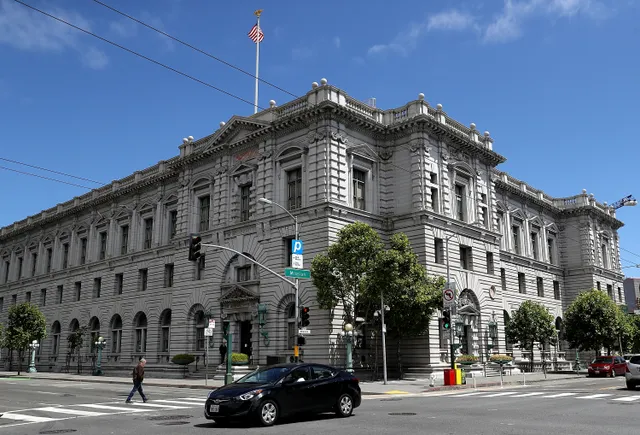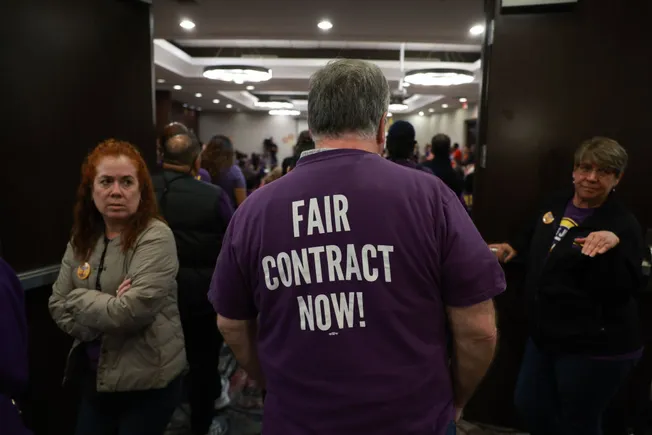Dive Brief:
- An Alaska seafood company did not need to provide overtime pay to a group of workers who were on-call while they were required to stay on the company’s premises during the COVID-19 pandemic, the 9th U.S. Circuit Court of Appeals held Jan. 10.
- The plaintiffs in Flaherty v. Kanaway Seafoods, Inc. alleged their employer violated state and federal wage-and-hour laws when it implemented a “closed campus” policy amid broader lockdowns in April 2020. In their complaint, the employees claimed that they were “effectively confined to their workstation during on-clock worktime and to their dorm room during off-clock hours” and were not compensated for off-the-clock hours.
- A district court held in favor of the employer, applying a multifactor test to determine whether employees could use their off-duty time for personal activities. The court concluded that available evidence weighed in favor of showing that the workers could do so and also found that the employees’ collective bargaining agreements only provided payment for actual working time. The 9th Circuit upheld.
Dive Insight:
Work not requested but suffered or permitted is compensable under the FLSA, and this may include the time an employee spends waiting to work, according to the U.S. Department of Labor. DOL guidance shows that employees may be either “engaged to wait” or “waiting to be engaged,” the former of which is considered work time and the latter of which is not.
Regarding on-call time, DOL guidance states that an employee who is required to remain on call while on an employer’s premises is considered to be working, whereas an employee who is required to remain on call while at home or who is allowed to leave a message where they can be reached is generally not working while on call.
In its decision, the 9th Circuit said the Kanaway Seafood plaintiffs were called in to work infrequently and were “able to engage in a range of personal activities” while on call, even though they resided on the employer’s premises. According to the district court, employees “slept, ate, ordered pizza, did laundry, called friends and family, watched TV, played video games, and drank beer,” among other activities.
The district court also found that other factors, such as the time by which employees needed to respond to calls from the employer and whether on-call employees could easily trade on-call responsibilities, were “neutral” as to whether employees could engage in personal activities. Workers sometimes received advance notice of up to two hours from the employer when they were required to work, the court said, and the fact that employees lived on-site meant they could be instantly contacted if needed.
Employees also were not compensated for time spent sleeping because the parties “reasonably agreed” that the employees would not be compensated for off-duty time, while “the undisputed evidence shows that Plaintiffs were called in to work infrequently and did not have their sleep regularly interrupted,” the 9th Circuit said.
The case highlights some of the complexities involved with determining compensability under the FLSA. Previously, DOL officials have outlined how employees in the care industry may be compensated for certain time spent waiting to perform their duties. In 2019, the agency issued an opinion letter clarifying that the time truck drivers spend off-duty in their trucks’ sleeper berths is not compensable.






Leave a Reply